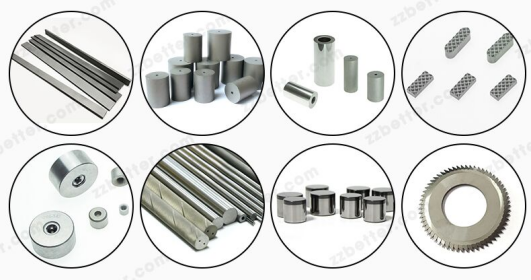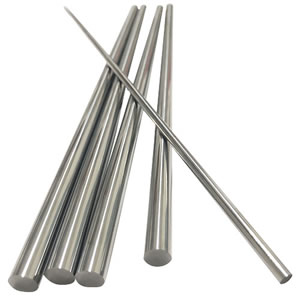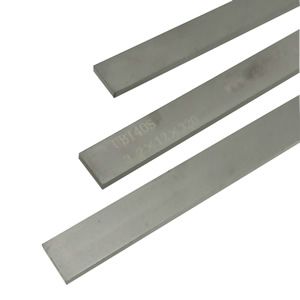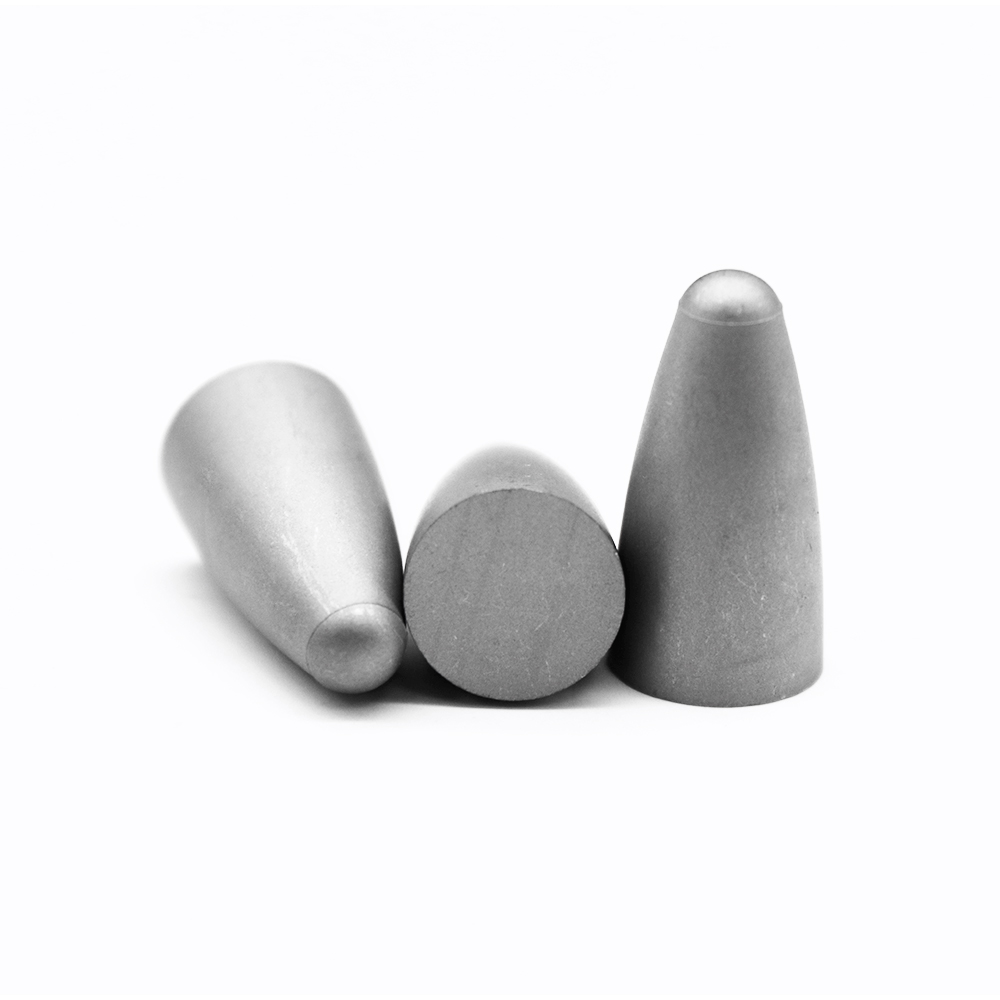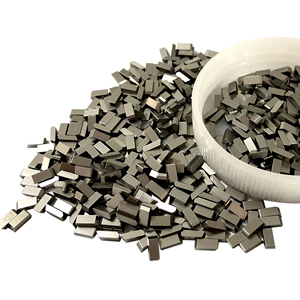What Is Tungsten Carbide?
What is tungsten carbide?
Tungsten carbide is also known as cemented carbide. Tungsten carbide is a kind of alloy material with refractory tungsten (W) material micron powder as the main ingredient, generally ranging in proportion between 70%-97% of the total weight, and Cobalt (Co), Nickel (Ni), or Molybdenum (Mo) as the binder.
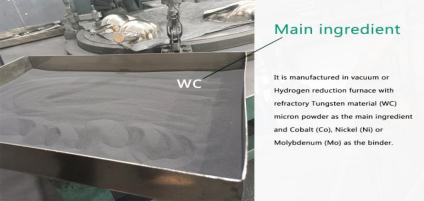
At present, W in the form of WC is mainly used in the production of cemented carbide. tungsten carbide is a material formed by bonding very hard single WC particles in a tough cobalt (Co) binder matrix by liquid-phase sintering. At high temperatures, WC is highly dissolved in cobalt, and liquid cobalt binder can also make WC in good wettability, which leads to good compactness and non-pore structure in the process of liquid-phase sintering. Therefore, tungsten carbide has a series of excellent properties, such as:
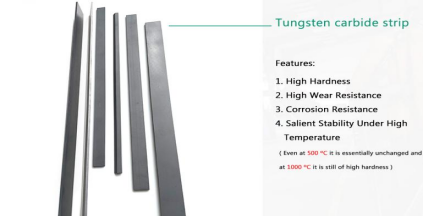
*high hardness: Mohs’ hardness is mainly used in mineral classification. The Morse scale is from 1 to 10 (The larger the number, the higher the hardness). The Mohs’ hardness of tungsten carbide is 9 to 9.5, It boasts a level of hardness second to diamond which hardness is 10.
*wear resistance: The higher the hardness, the better the wear resistance of tungsten carbide
*heat resistance: Since it has high strength at high temperature and low thermal expansion coefficient, it is an optimal raw material for cutting tools to be used in a high-temperature and high-speed environment.
*Corrosion resistance: Tungsten carbide is an extremely stable substance, which can not soluble in water, hydrochloric acid or sulfuric acid. In addition, it is unlikely to form a solid solution with various elements, and it can maintain stable characteristics even in harsh environments.
Especially its high hardness and heat resistance, which remains basically unchanged even at 1000 ℃. With so many advantages, tungsten carbide can be used to manufacture cutting tools, knives, drilling tools, and wear-resistant parts, and it is also widely used in military industry, aerospace, mechanical processing, metallurgy, petroleum drilling, mining tools, electronic communications, construction, and other fields. That’s why it is known as "industrial teeth".
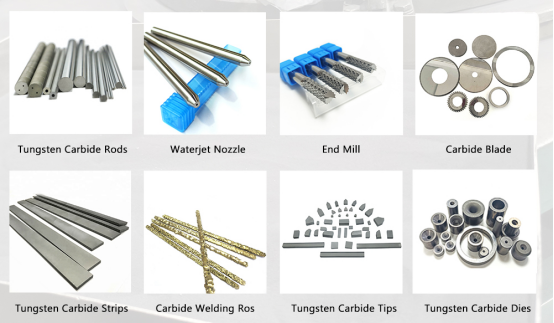
Tungsten carbide is 2-3 times as rigid as steel and has a compressive strength surpassing all known melted, cast, and forged metals. It is highly resistant to deformation and keeps its stability at both extreme cold and hot temperatures. Its impact resistance, toughness, and resistance to galling/abrasions/erosions are exceptional, lasting up to 100 times longer than steel in extreme conditions. it conducts heat much faster than tool steel. Tungsten carbide can also be cast and rapidly quenched to form an extremely hard crystal structure.
With the development of the downstream industry, the market demand for tungsten carbide is increasing. And in the future, the manufacture of high-tech weapons equipment, the progress of cutting-edge science & technology, and the rapid development of nuclear energy will greatly increase the demand for cemented carbide products with high technology content and high-quality stability.
